Are certain behaviours patterns a problem or a preference?
Can people really have behaviour problems, if they don’t know they exist?
This topic is something I have been reflecting on lately with clients (and colleagues) who are thinking about or are starting to make changes in their life. It also brings me back to the statement – we don’t know what we don’t know and the Johari Window.
The Johari Window
The Johari Window is the work of two American Psychologists – Joseph Luft and Harry Ingham. It is a technique that can be used for understanding ourselves and others better.
As you can see by the following diagram the Johari Window has four ‘panes’ and is based on the principle that all things about ourselves exist to be known.
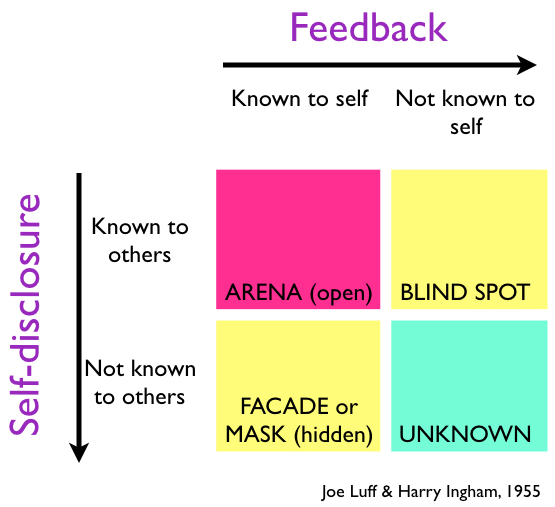
The four ‘panes’ of the Johari Window are –
- The Arena – where information is known to yourself and also known to others. There is shared knowledge on the basis of our relationship with other people. The arena increases in size as the level of individual-individual, individual-group, trust and communication increases.
- The Facade or Mask – where information is known to self, but not known to others. This information can include feelings, opinions, prejudices and past history. There are many reasons why people choose to keep a mask on – including fear of rejection, unworthiness etc. If this pane is big in our lives, it is said we can struggle to have truly open and meaningful relationships.
- The Blind Spot – where information is known to others, however you do not know about yourself. This information can be in the form of body language, habits, mannerisms, tone of voice etc. Our blind spots are the things that we are not aware of when we are communicating to other people. This can be challenging for individuals as it involves exposing weaknesses and imperfections (i.e. vulnerabilities). The ‘blind spot’ can also be exploited by other people.
- The Unknown (or unconscious) – where information is not known to yourself or other people. Some of this material may be so far below the surface that I may not be aware of it. Other information may be below the surface of awareness to both myself and others, however can be made public in a conversation or feedback. This information may include unrealised potential, past memories etc.
Different Types of Behavioural Problems or Draining Habits
There are many types of behavioural problems and draining habits – it really depends on what matters to you and what effects they are having on your life.
Some behaviour problems include –
- A Sedentary lifestyle (i.e no physical exercise),
- Smoking,
- Procrastinating,
- Burnout (from working too much),
- Over drinking of alcohol (which can lead to alcoholism),
- Abuse (i.e. physical, verbal),
- Drug abuse,
- Gambling,
- Overspending (which can lead to bankruptcy),
- Depression,
- Panic attacks, and
- Overeating (which can lead to obesity).
Some examples of draining habits include –
- Complaining,
- Worrying,
- Comparison,
- Approval Addiction,
- Perfectionism,
- Control,
- Pushing Through, and
- Blame.
Behaviour Problem or Preference?
How do you decide if the behaviour is a problem or if you are choosing the behaviour/s (which is your right)?
In the book Changing for Good, Prochaska, Norcross and DiClemente refer to three questions that help people distinguish this. The three questions that need to be answered truthfully are –
- Do you discuss your behaviour patterns? For example – do you appreciate other people’s concern for you or not?
- Are you well informed about your behaviour? For example – are you open to learning about your behaviour or not?
- Are you willing to take responsibility for the consequences of your behaviour? For example – are you aware of the short and long-term effects your behaviour can have?
If you can honestly say that you are aware of the consequences of and responsible for the long-term effects of your behaviour, then perhaps your behaviour is a preference. If you answered no, to one or more of the questions, you are probably in the pre-contemplation stage of change.
Over to You…
I hope this has given you some insight in to behaviour problems and preferences. Remember, we don’t know what we don’t know and behaviours and habits can be changed, we just need to develop awareness, commit to the change and take action.
Please feel free to share any comments or questions below. If you are ready to reclaim your courage and take the next step towards discovering your courage and finding your flow, why not join our Toolkit?
Reference –
Prochaska, J., Norcross, J., & DiClemente, C. (2010). Changing for Good: A Revolutionary Six-Stage Program for Overcoming Bad Habits and Moving Your Life Positively Forward. New York, USA: Harper Collins Publishers.
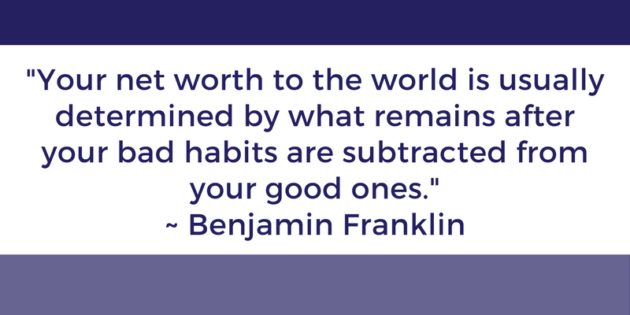




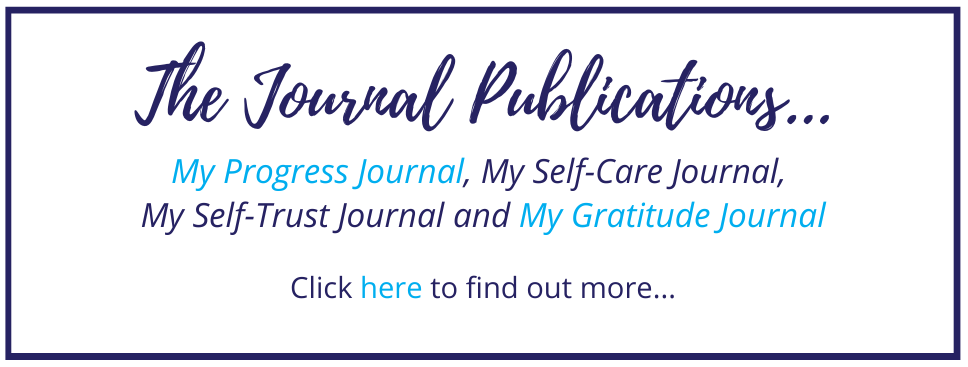


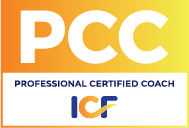
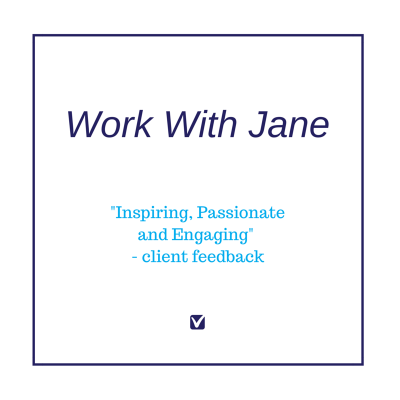





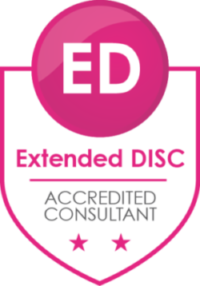

Leave A Response